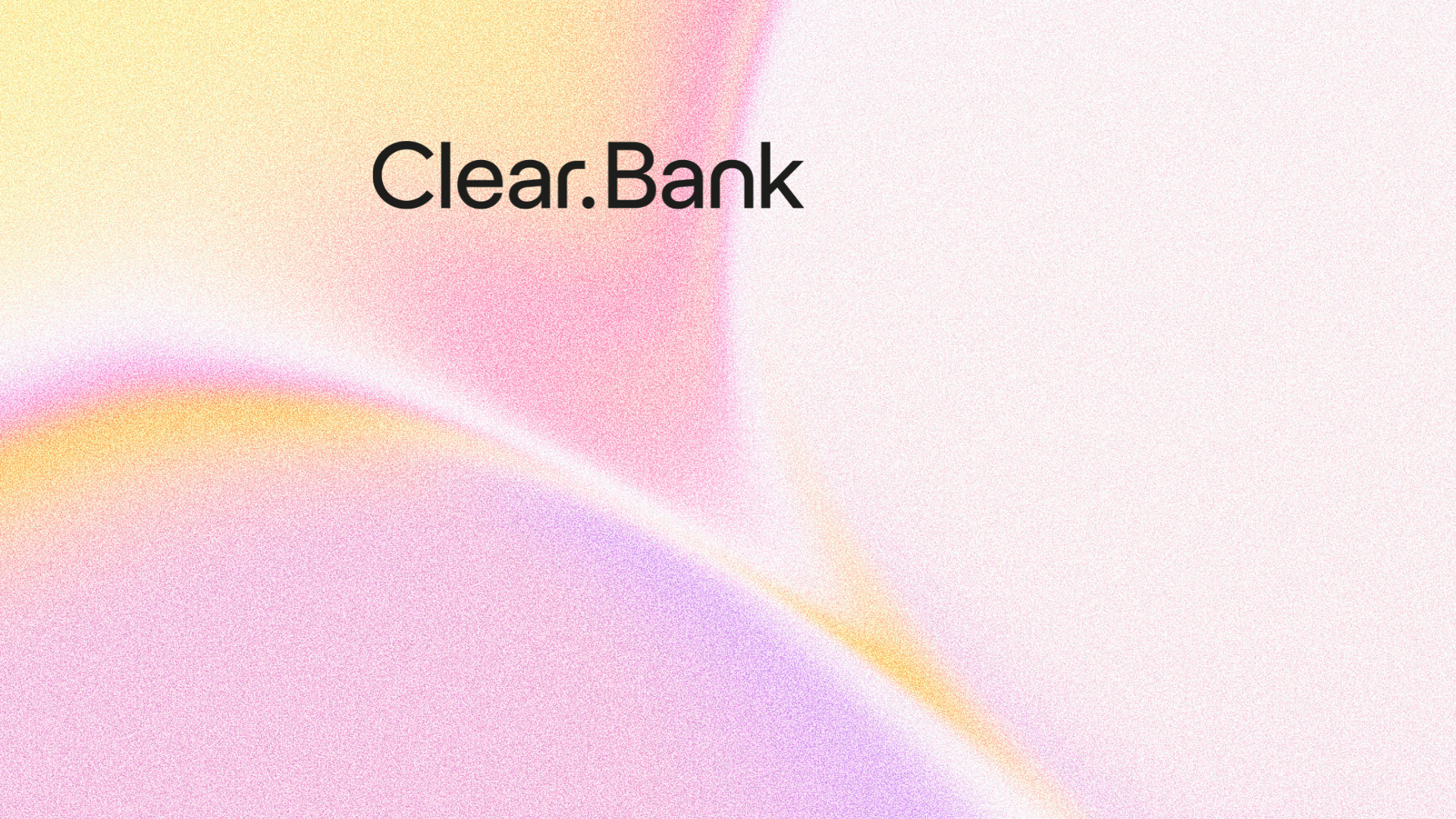And now there’s a new name on the scene, Bluesky. The app has been kicking up quite the media frenzy over the last few weeks, predominantly due to two things. Firstly, the app is backed by the infamous founder of Twitter, Jack Dorsey. Secondly, the app is in invite-only mode, and finding an invite has proven quite the task for anyone that isn’t ultra famous.
So what’s it all about?
Bluesky is a text-focused social media platform on which users can post short messages to a public news feed — the natural reaction being, how does this differ from Twitter?
What sets the platform apart is that it operates on an open framework, meaning that users can post their messages to a server tailored for specific interests or communities. By using this decentralised framework, users have more autonomy over the content they do and don’t want to see.
The system design resembles the likes of Mastodon and Discord, which also promise greater creator autonomy, increased data ownership and better content moderation. But is this enough to compete with the likes of Twitter and FaceBook?
The double-edged sword of decentralised social media
There’s an undeniable growing frustration amongst content creators and everyday users of social media platforms that they don’t have enough autonomy over their content or newsfeeds. We’ve likely all experienced that eerie feeling of having discussed a brand or product, and then seeing a related ad pop up on your social media feed.
This is because, while it may be ‘your’ account and up to you who follows it, what you see isn’t quite as clear-cut. Decentralised social media provides a solution to this, by offering a way to view social media without ulterior motives from corporations getting in the way – something that isn’t widely adopted by the leading social networks.
While this sounds promising for mobile users and content creators, decentralised social media systems are still in their infancy and developers are still developing how they can best work for everyone. Due to the lack of censorship, these platforms are a great place for free speech and expression, as they lack a central authority censoring content. However, the flip side of this is that it can support political misinformation and give a platform to more controversial figures.
These platforms can also struggle to attract major crowds, as the market is dominated by major players. However, this may not be a concern for Bluesky as data.ai has reported that the app has already surpassed 700,00 downloads globally, despite remaining in invite-only mode. Whether the attraction will wane as the app becomes more available to the public is yet to be seen, but its progress so far certainly bodes well.
The decentralised social media space is certainly gaining traction, particularly as Governments become increasingly involved in regulating access to certain apps – something many people feel should be left out of the political realm. However, much more must be done to bring these apps to maturity and widespread adoption.















